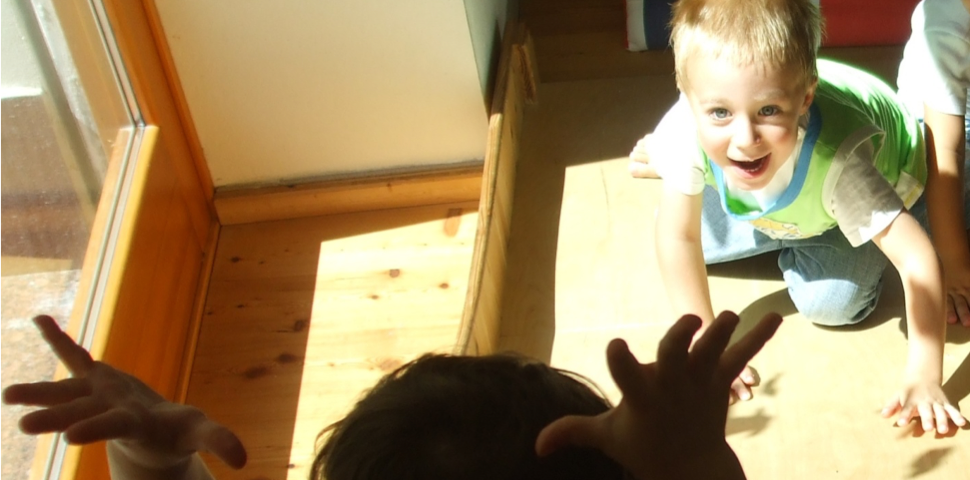Fundamental motor skills and development: evaluating the practice of motor activity in nursery schools and its impact on the others domains of children development
The first years of life represent a critical period for promoting and supporting child motor development. Main changes are expressed in the acquisition of fundamental motor skills which, however, must also be learned, practiced and sustained in the contexts where the child grows up. The literature documents how the practice of psychomotor activity can have positive impacts on the acquisition of motor milestones, on linguistic and social abilities and, in the whole, on the child’s wellbeing. However, the majority of studies focus on children older than the ones attending nursery schools. In the light of these considerations, the research project aimed to: a) examine the relationship between motor skills and social competence perceived by educators; b) evaluate possible concurrent and predictive associations between motor skills and language abilities; c) evaluate the efficacy of the proposed psychomotor intervention in the N.E.Mo® nursery schools (Eco-Motor-Nursery-schools).
104 children participated in the first study (aim 1), 100 children participated in the second study (aim 2), and 112 children (55 attending N.E.Mo® nursery schools and 57 children attending nursery schools that did not activate any specific psychomotor programme) in the third study (aim 3). All participants were typically developing children aged from 12 to 36 months. The research used a multi-method approach including standardized evaluation scales, questionnaires for teachers and parents, and a sociometric technique for the older children (30-36 months). In particular, the skills acquired in motor and language domains have been evaluated using the Griffiths Mental Development Scales (GMDS, 1996, 2006); language ability has been assessed using the short form of the questionnaire Primo Vocabolario del Bambino-PVB (Caselli, Pasqualetti, & Stefanini, 2007); social behavior has been evaluated using the Social Behavior Scale for Preschool Children (D’Odorico, Cassibba, & Buono, 2000) and the peer nomination (McCandless, & Marshall, 1957). Children over 18 months were re-evaluated after 6 months using the PiNG standardized trials for lexical comprehension and production (Bello et al., 2010). Finally, a pre- and post-intervention design was used exclusively in the third study.
Keywords
Motor development, motor activity, motor skills, language development, social behavior, infancy
Principal Investigator
Federica Rigo, University of Verona (inserire link a pagina laboratorio)
Project Participants
- Beatrice Andalò, University of Verona
- Manuela Lavelli, University of Verona
- Marinella Majorano, University of Verona
Duration
42 months (November 2014 -April 2018)
Current State
Data collection accomplished; data analyses in final phase; first results presented at National and International Congresses; publications in preparation
Conference presentations
Rigo, F., Andalò, B., & Maschi E. (September, 2016). Abilità locomotorie e competenza sociale nel contesto del Nido. XXIX AIP National Congress- Developmental and Educational Psychology,Vicenza, 8-10 settembre.
Rigo, F., Majorano, M., & Lavelli, M. (2017). Language development and motor skills in Italian toddlers. 14th International Congress for the Study of Child Language,Lyon, July 17-21.
Rigo, F., Majorano, M., & Lavelli, M. (2017). Motor skills and language development in Italian toddlers: a longitudinal study. 18th European Conference on Developmental Psychology,Utrecht, 29 August-1 September.


